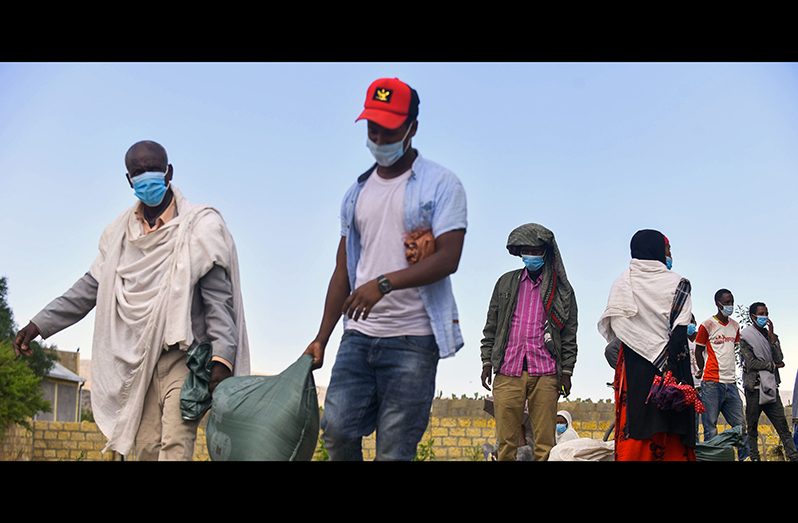IN Tigray, northern Ethiopia, the Food and Agriculture Organisation (FAO) is scaling up the urgent procurement of fertilisers to help farmers sow their fields in the midst of the critical planting season, thanks to a $10 million loan recently approved by the United Nations’ Central Emergency Response Fund (CERF).
The loan, which forms part of resource partners’ commitments, is helping FAO to accelerate the procurement and delivery of crucial agricultural inputs to Tigray, particularly fertilisers, which must be delivered and applied by end of August 2022.
The provision of fertiliser will help restore the productive capacity of farmers in Tigray, where, as is the case in all regions affected by internal conflict, there has been widespread disruption of agricultural activities, elevated levels of acute food insecurity, and loss of livelihoods since November 2020.
“We are grateful to our resource partners, and to CERF for recognising the need to act swiftly in supporting own food production in Tigray to avert the worrying levels of acute food insecurity,” said David Phiri, FAO Subregional Coordinator for eastern Africa and Representative for Ethiopia.
“If farmers receive the inputs they need, they will be able to harvest and begin consuming this produce from October 2022. These harvests would cover their food needs for at least six months, and in the best case scenario, up to the next harvest for a significant proportion of the households, with surplus to sell,” he added.
There is a small window of opportunity to prevent severe hunger by delivering critical agricultural inputs and enable farmers to produce sufficient amount of food for the population, thus averting a potential increase in humanitarian needs,” said Rein Paulsen, the Director of FAO’s Office of Emergencies and Resilience.
Agriculture is the main source of livelihoods for up to 80 per cent of Ethiopians, especially those living in rural areas, and their produce feeds the nation. The Meher season is the most important season for crop production in Tigray. With the rainfall performing well and the outlook foreseen to be favourable, the season offers a crucial and cost-effective opportunity to improve food production and hence food availability across the region.
To date, the FAO and partners have procured just over 19, 000 tonnes of fertiliser (40 per cent of requirements), enough to meet the fertiliser needs of approximately 380,000 households. A first batch of more than 7, 000 tonnes has already been distributed to farmers in Tigray.
The loan from the CERF, together with a similar loan by FAO, has enabled FAO to procure the additional 12, 000 tonnes of fertiliser. These loans are against funding being secured from a bilateral donor, which will be communicated separately once agreement finalised.
The 19, 000 tonnes of fertiliser were procured through the Ethiopian Government; and the Government has indicated that more fertiliser could be made available should FAO and partners mobilise further funding.
FAO and partners aim at providing the total requirements of 60, 000 tonnes to Tigray, funds allowing.
FAO has benefitted from CERF loan facility twice in the past: in 2020 in support of FAO’s Desert Locust control operations in the Horn of Africa and also in 2017 for Somalia to avert the risk of famine.
(FAO)




.png)









